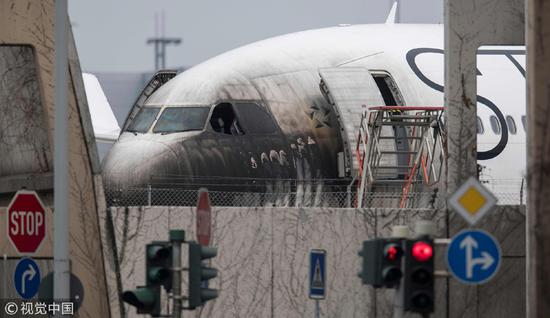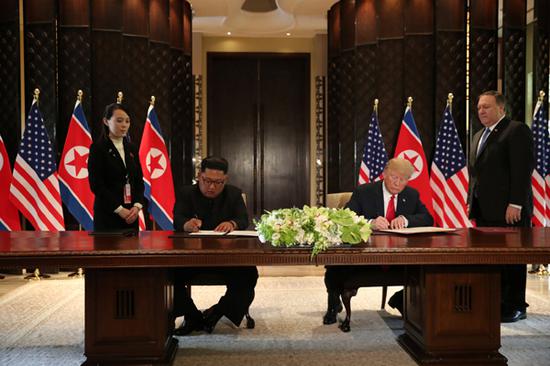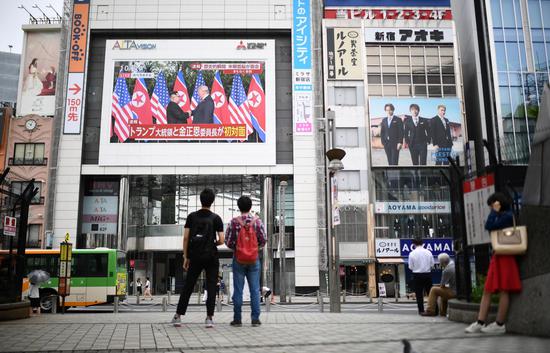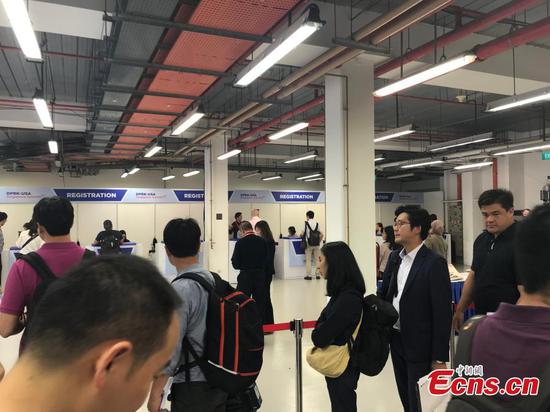A popular flight information app in China has apologized over leaking passenger information, following public outcry.
Umetrip users can check the destinations and trip frequencies of other passengers when selecting seats, according to an online post widely circulated since Monday.
The author of the post stated that he found on the app that one of his co-passengers is Mr. Xu coming from Beijing, who prefers to sit near the aisles on Air China flights. “It’s uncomfortable since it feels like someone is also watching you.”
In a response notice posted on its official Weibo account which has over 560,000 followers, Umetrip said on Tuesday that the head photos, nicknames and labels are “not real information” and editable.
However, Umetrip said they were sorry for bothering its users and had closed the personal labels pages on default privacy settings, according to the public notice.
Umetrip is launched by TravelSky Technology Limited, a Chinese state-owned enterprise, as a mobile application in 2012. TravelSky is reportedly the only body which is accessible to the data of the Civil Aviation Administration of China (CAAC).
A group of Chinese airlines have recently asked flight information apps without authorization, including Umetrip, to stop check-in and seat-selection service over “safety concerns”.
The case has prompted online discussion as it left many Weibo users stumped and anxious.
“Leaking personal information has become the unspoken rules [for many apps],” said @happylife2.
“It is a bad example of socializing functional apps,” commented @chrisc.
However, not everyone is worried.
“You can change the settings if you don’t want someone to get to know you,” MeZhouningbo pointed out.
“The labels are not big deal for me. They bring topics for me and the one sitting beside me,” a student studying in Sydney told Beijing Youth Daily.
Umetrip’s trouble came after Didi, the Uber-like ride-sharing app in China, has taken down its social functions after a flight attendant was murdered by her driver.
The good news is China has been progressing on personal information protection. The Cyber Security Law, which came into effect on June 1 last year, includes for the first time a comprehensive set of data protection provisions in the form of national-level legislation.
But the country has yet a long way to go, especially for the Chinese companies seeking to expand in overseas markets after the EU implemented in May what has been characterized as the strictest security law in history – the General Data Protection Regulation (GDPR).


















































